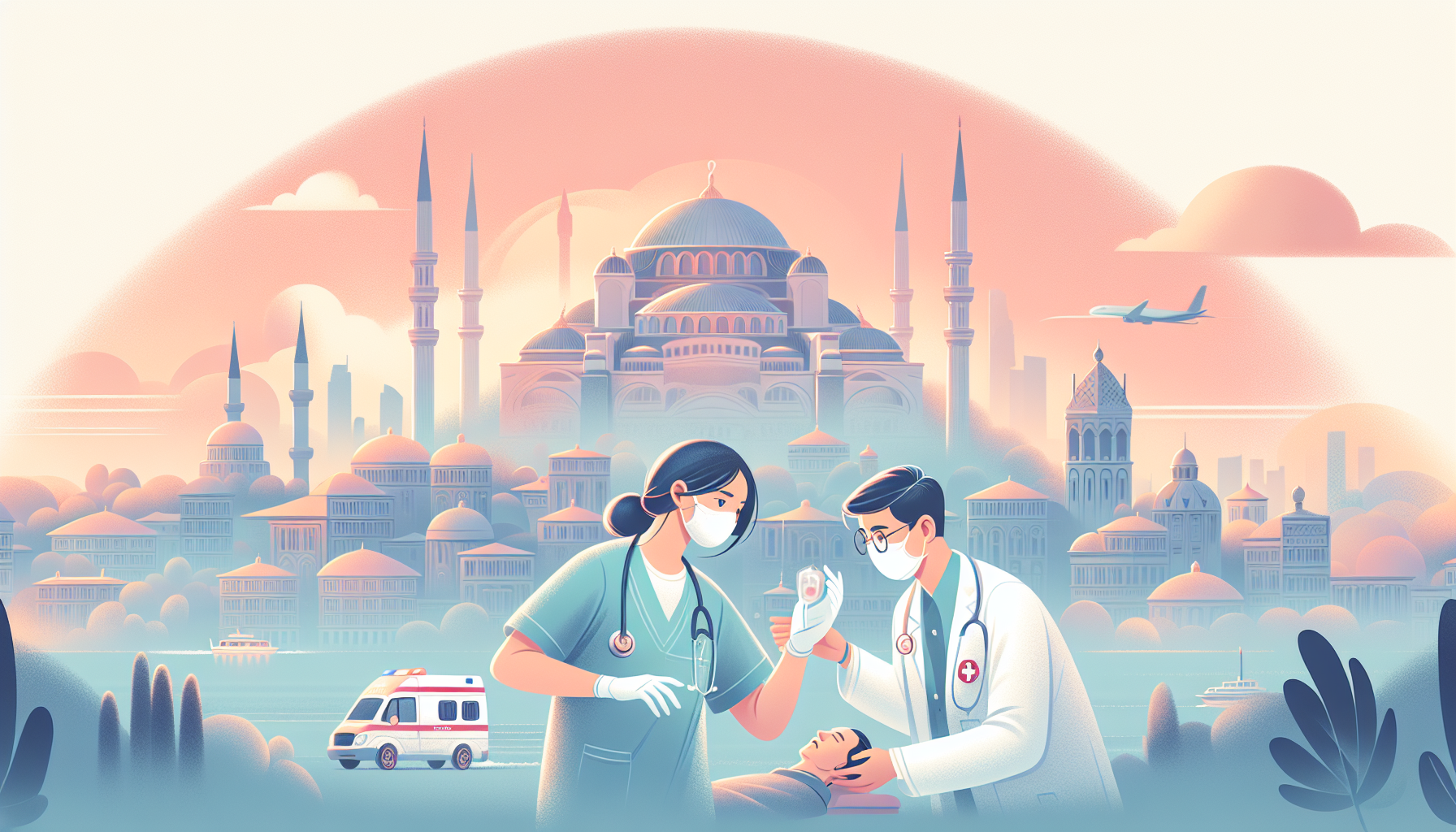Emergency Medical Services in Turkey: What to Do

Living as an expat in Turkey offers a unique mix of cultural charm and modern conveniences. Yet, when it comes to medical emergencies, uncertainty can be overwhelming. Not knowing the protocols, language, or whom to call can turn a health scare into a full-blown crisis. To feel confident and protected, every expat needs a solid understanding of how Emergency Medical Services (EMS) work in Turkey.
This guide walks you through essential steps, contact information, and practical tips that make navigating Turkey’s emergency system easier and less stressful.
Understanding Emergency Medical Services in Turkey
The Turkish emergency response system is centralized and organized by the government. For life-threatening emergencies, dialing 112 connects you to the nationwide ambulance and medical response line. Calls are free and can be made from any phone, including mobile and public phones.
- 112 Emergency hotline is available 24/7
- Operated by trained dispatchers, many of whom speak basic English
- Services include paramedics, ambulance transport, and basic trauma care
For non-emergency situations, such as minor injuries or illnesses, a trip to the nearest government or private hospital may be more efficient. The Ministry of Health regulates medical care, ensuring a high standard of emergency response across public and private sectors alike.
What to Do in a Medical Emergency
When a serious health issue arises, knowing what to do can save time and lives. Here is how to react quickly and efficiently:
- Call 112 immediately and provide clear, simple information
- Give your exact location, ideally a nearby landmark or street name
- Describe symptoms accurately — be specific about pain, injuries, or loss of consciousness
- If safe, assist the patient by keeping them comfortable until help arrives
Let’s say you’re at a beach resort in Antalya and your friend shows signs of heatstroke — dizziness, rapid heartbeat, and nausea. Call 112, mention “baygınlık” (fainting) and give your location in detail. An ambulance usually arrives within 15-30 minutes in urban areas. In rural areas, the wait may be slightly longer, so it’s wise to know the location of the closest hospital ahead of time.
Hospitals and Clinics: Public vs. Private Care
After EMS arrives, the patient may go to a government or private hospital, depending on the location and condition. The choice impacts wait times, comfort, and language accessibility.
- Public Hospitals: Free or low-cost with national health insurance (SGK), fewer English-speaking staff
- Private Hospitals: Higher cost, short wait times, more English-speaking doctors
- University Hospitals: Advanced treatments, often in larger cities
For expats with private insurance, private hospitals provide a more seamless experience. In Istanbul, facilities like Amerikan Hastanesi or Acıbadem are well-known for their international patient services. They handle insurance paperwork directly and are accustomed to expat expectations.
Preparing for Medical Emergencies as an Expat
Preparation can make a world of difference when emergencies strike. Take proactive steps to protect yourself and your loved ones.
- Save “112” in your phone contacts under “Emergency”
- Learn basic Turkish medical terms such as “ağrı” (pain), “kan” (blood), or “nefes alamıyorum” (I can’t breathe)
- Keep a list of allergies, medications, and medical history on you in both English and Turkish
- Identify the nearest hospital and write down its address and phone number
- Inform your neighbors or landlord how to reach you during emergencies
For example, if you manage a health condition like diabetes, carry a card stating this in Turkish: “Ben diyabet hastasıyım.” This simple preparation helps first responders give accurate care, especially if you’re unconscious or unable to communicate.
Emergency Response for Tourists and Short-Term Expats
Even short-term visitors should understand Turkey’s EMS. Tourists are entitled to emergency healthcare, but fees may apply depending on hospital and insurance conditions.
- Always carry a copy of your travel insurance card
- Know which hospitals work with your insurer — many private hospitals are travel-insurance friendly
- Download maps with nearby hospital locations in advance in case of limited internet
Picture this: You’re sightseeing in İzmir and someone in your group suddenly collapses. Calling 112 gets an ambulance dispatched promptly. Presenting the traveler’s insurance details at the hospital speeds up check-in and guarantees smoother treatment coordination.
Understanding and preparing for Turkey’s emergency medical process ensures one less thing to worry about, whether you’re living here long-term or just visiting. Clear knowledge and quick action can make all the difference in those critical first moments. Take a few hours to prepare today — it may save a life tomorrow.
